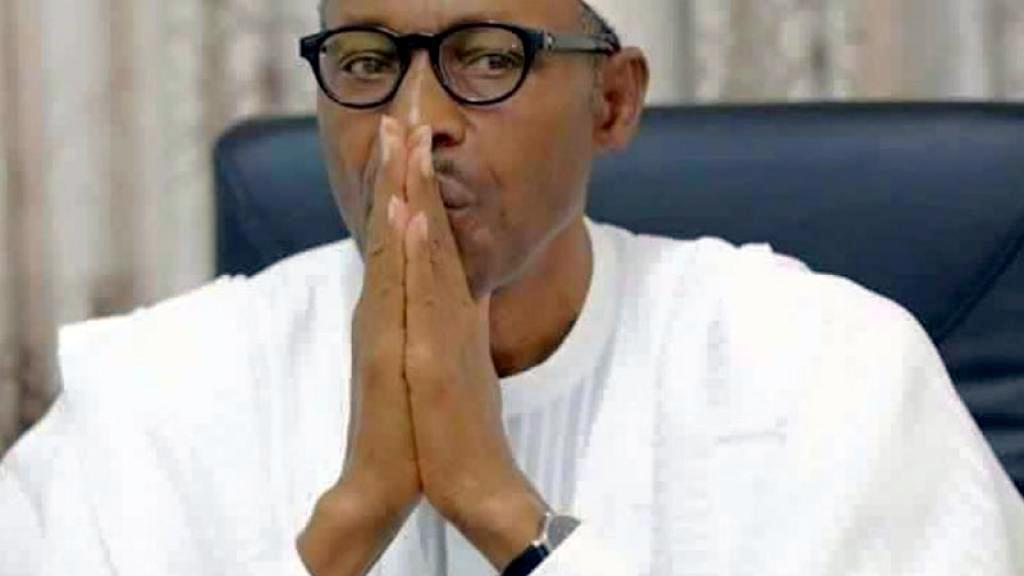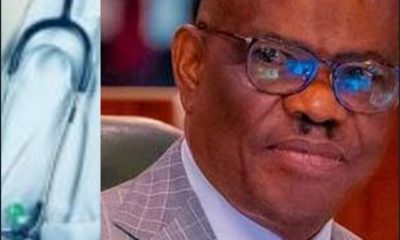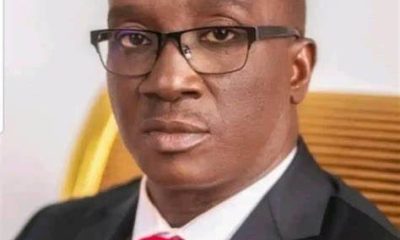Opinion
Has Buhari Become A Lame Duck?

By Emmanuel Aziken
It is shocking that even with more than three years to run in his second term, that there are insinuations that President Muhammadu Buhari has become a lame duck.
A lame-duck is an elected political office holder whose successor has been or will soon be chosen. It is a particularly remarkable period for officeholders in Nigeria and in the United States, where the presidential system was birthed.
Since the advent of Nigeria’s Fourth Republic, only two presidents have had the experience; Dr. Olusegun Obasanjo and Dr. Goodluck Jonathan.
Their experiences were particularly divergent.
Given his kind of person and also his role in the emergence of President Umaru Yar`Adua, Dr. Obasanjo, in reality, did not have a lame-duck experience.
He carried on with policies and programmes with the expectation that the Yar`Adua administration would sustain them.
Even more, the period of transition was particularly brief as Yar`Adua emerged president on April 20, leaving a transition period of about five weeks.
Dr. Jonathan, on the other hand, endured a transition period of about twelve weeks. Since his case was that of a hostile takeover, he could not like President Obasanjo carry on with the expectation of his successor carrying on with his programmes and policies.
Whatever happened between Dr. Jonathan and the Inspector General of Police, Abba Suleiman, during the Jonathan transition, has not been fully disclosed. But it is alleged that the IGP at that time showed inclinations towards Muhammadu Buhari even before the inauguration for which reason he was fired.
Jonathan’s firing of Suleiman as IG indicates that a president who is a lame duck still has the capacity to bite!
It is against this background that recent developments in the Buhari presidency have raised questions as to Buhari being a lame duck.
First, the National Assembly, in a bold reflection of the yearnings of Nigerians last March, asked the president to address the nation on the Coronavirus pandemic.
The resolution was followed by a sort of presidential rebuke like a father rebuking a wayward son.
That spat was followed with another this week over alleged misdeeds in the running of the Special Investment Programme, SIP.
The legislators have described the programme which has gulped more than N2 trillion under the Buhari presidency as a fraud.
Just as Dr. Obasanjo sacked Garba Shehu and six other support staff of Atiku’s within seven months of their second term, it took Buhari less time to dispense with 35 aides of Yemi Osinbajo.
Such insinuations can only be directed to a presidency that is perceived to be lame and incapable of retorting.
The depiction of a lame duck presidency was also conveyed with the revelation that the Chief of Staff to the President, Abba Kyari was out of the country for a period of about eight days in early March.
Though it was submitted that the top presidential aide travelled to negotiate a deal with the German company, Siemens AG, it brought questions as to how such a critical aide could have left such an office for such a period if the presidency was indeed productively engaged.
Another claim as to President Buhari’s lame duck status has been conveyed by his apparent detachment to the internal wars in his party with the open revolt against the national chairman Adams Oshiomhole.
However, all of these do not compare with the open conflict between the senior aides and institutions of government in the Buhari presidency.
The declassified memo from the National Security Adviser, NSA, Brig Babagana Monguno (rtd.) to service chiefs not to report to Kyari could not have painted a better picture of a lame duck president.
But the fact is that Monguno’s depiction was not just a second term affair; it is a parody of the relationship between the key institutions of government since the first term.
In another context, a second-term president who is not faced with the problem of a third term is also regarded as a lame duck once he is sworn in.
While stakeholders may look down on him, visionary leaders seize the opportunity to build legacies devoid of political and other considerations.
The decision by President Ronald Reagan to engage Secretary Mikhail Gorbachev of the defunct Soviet Republic was taken in the second term devoid of the blind passions of the conservative right in America.
That decision inevitably transformed President Reagan from the category of a warmonger for which he was renowned for into the image of a peacemaker!
After President Buhari emerged for his second term, the depiction of him becoming so soon withdrawn from policies, programmes and open to rebellion was farfetched.
Indeed Buhari followed the steps of Dr. Obasanjo who at the onset of his second term liberated himself from the political and intellectual support of his deputy.
Just as Dr. Obasanjo sacked Garba Shehu and six other support staff of Atiku’s within seven months of their second term, it took Buhari less time to dispense with 35 aides of Yemi Osinbajo.
In the real sense, if anyone can imagine a second term president as a lame duck, certainly not the vice-president.
Atiku, who was at the verge of his presidency, learnt that lesson from experience.
Osinbajo is today’s obedient student in that school!
Send Us A Press Statement Advertise With Us Contact Us
And For More Nigerian News Visit GWG.NG














